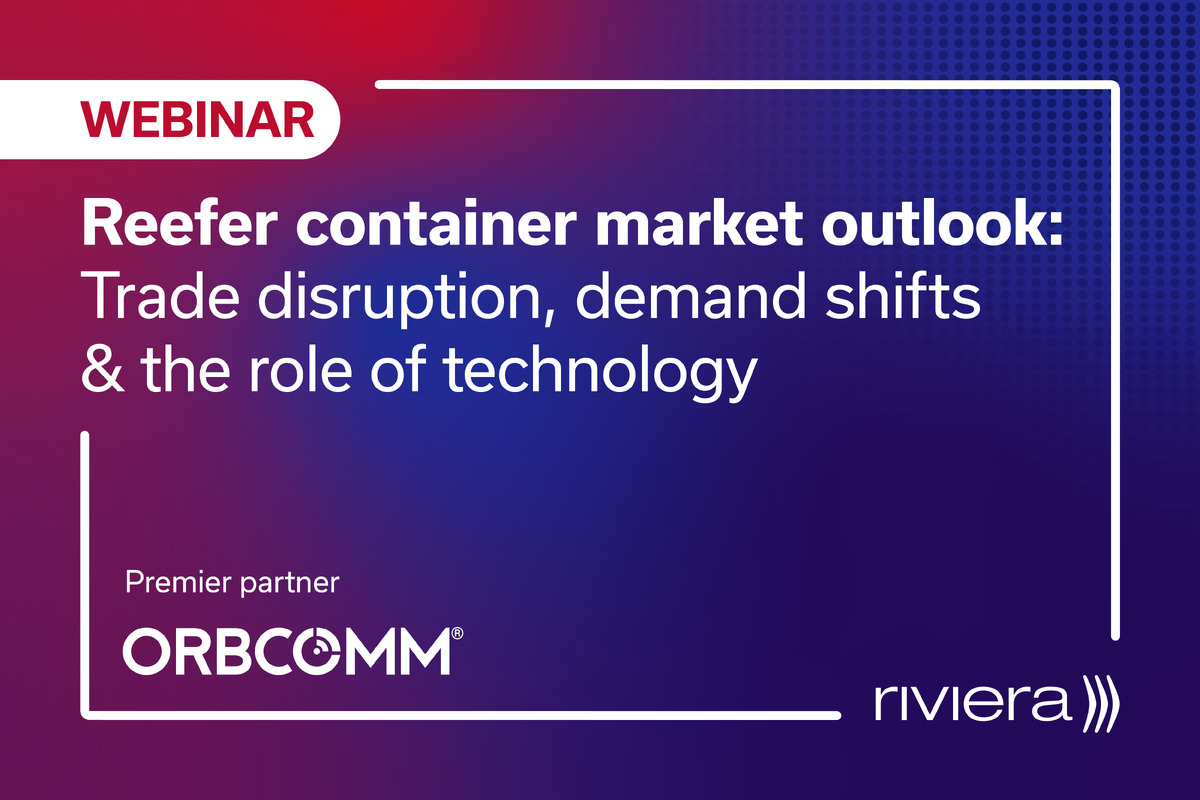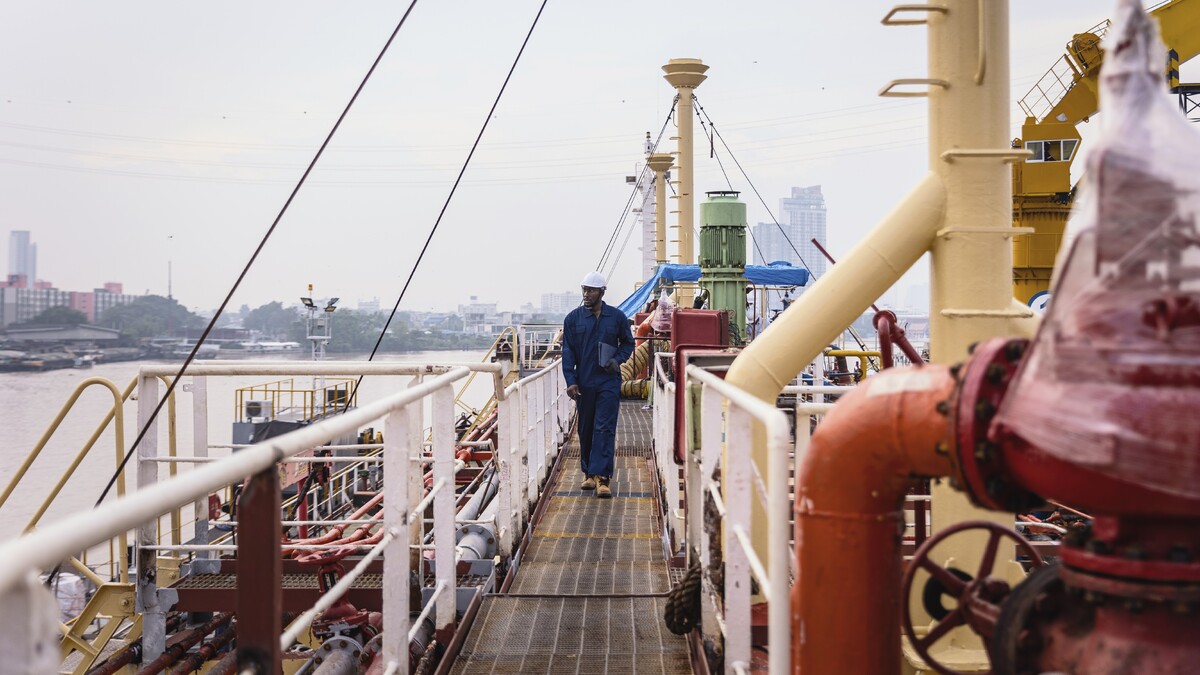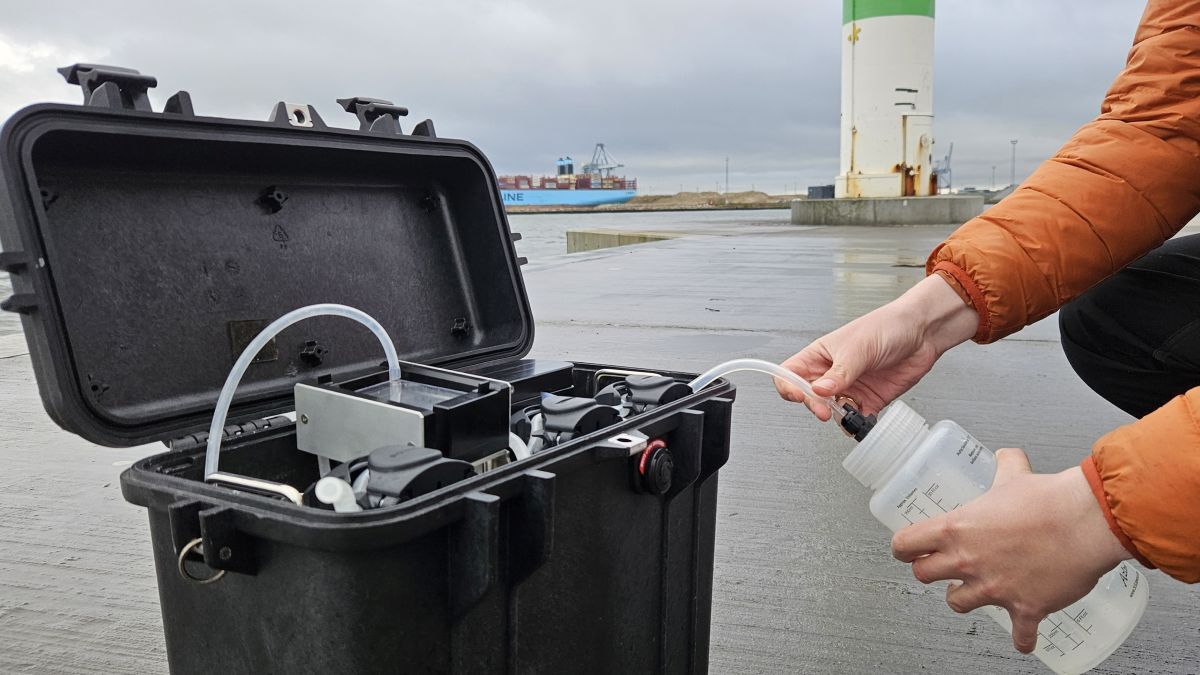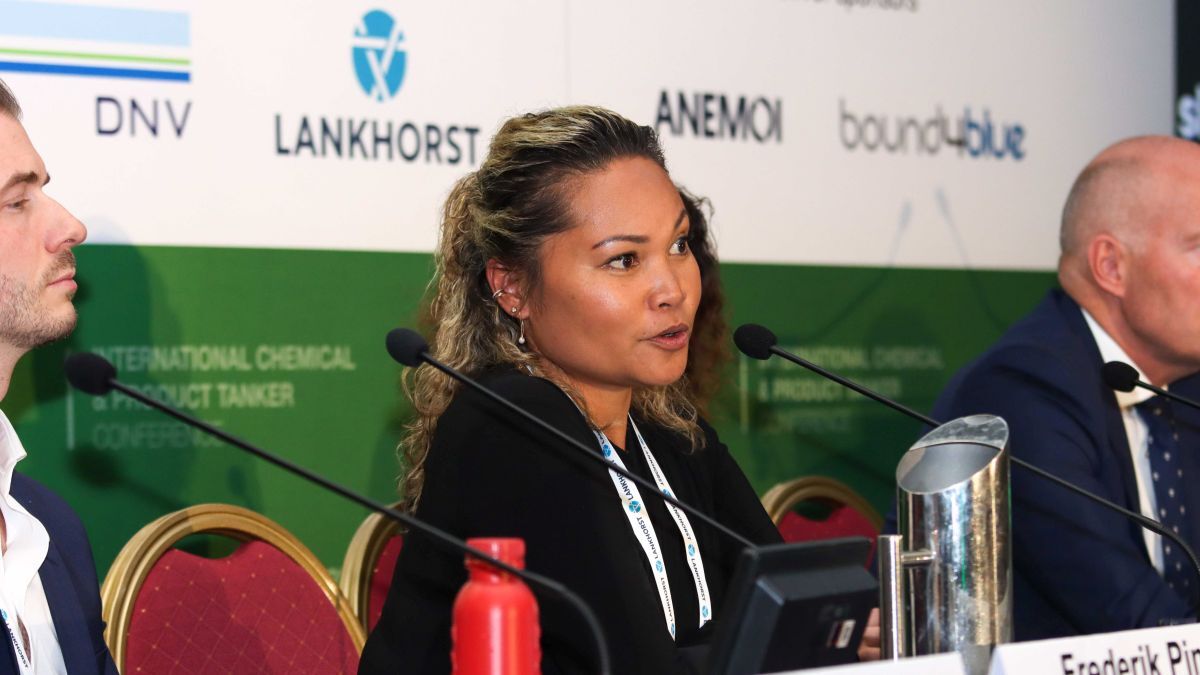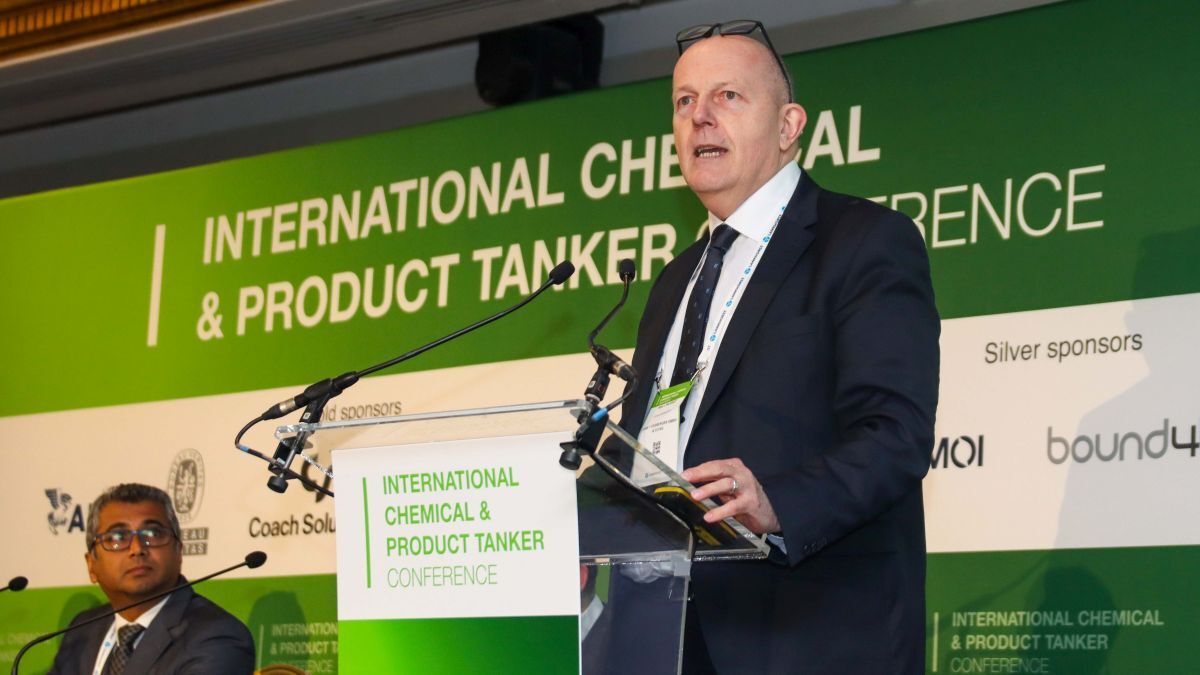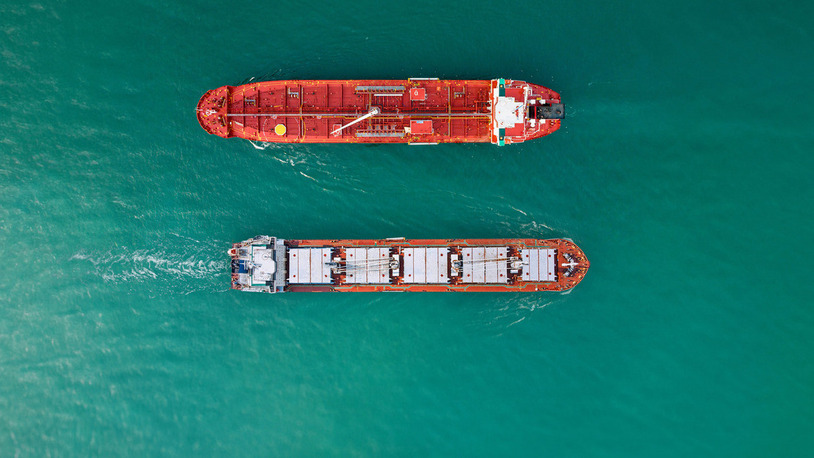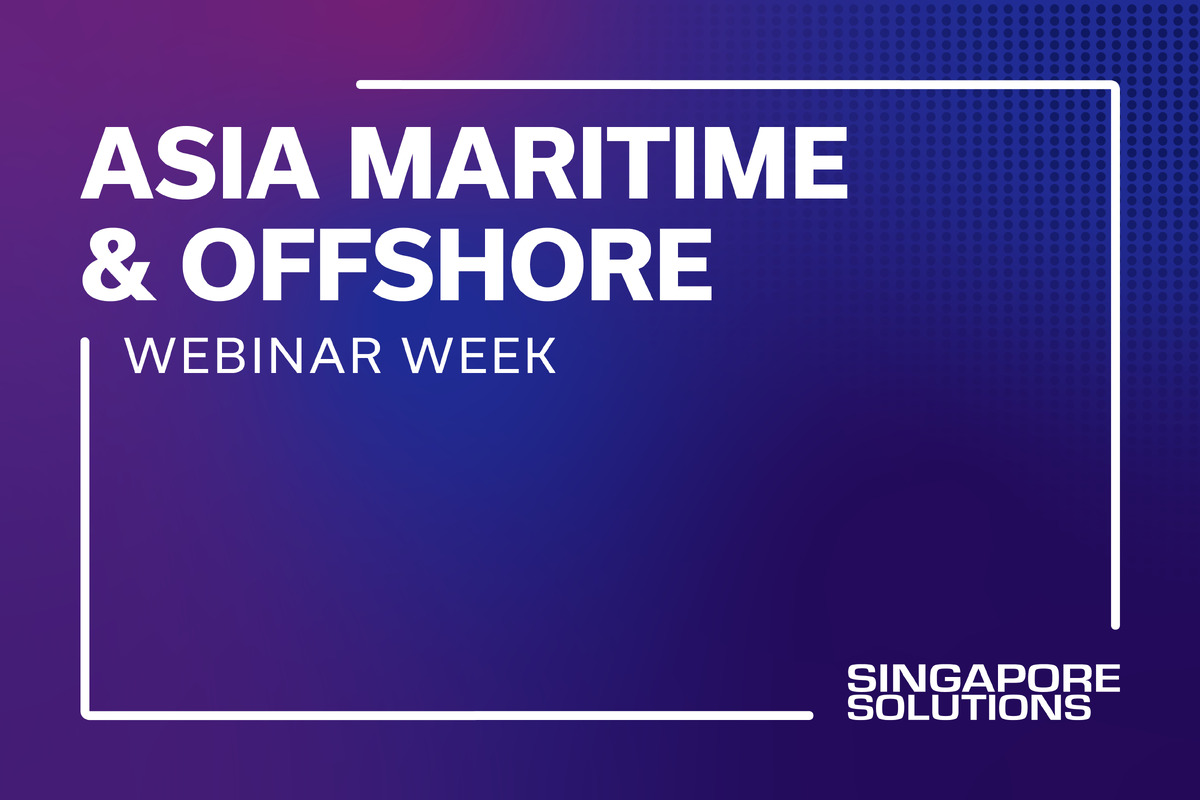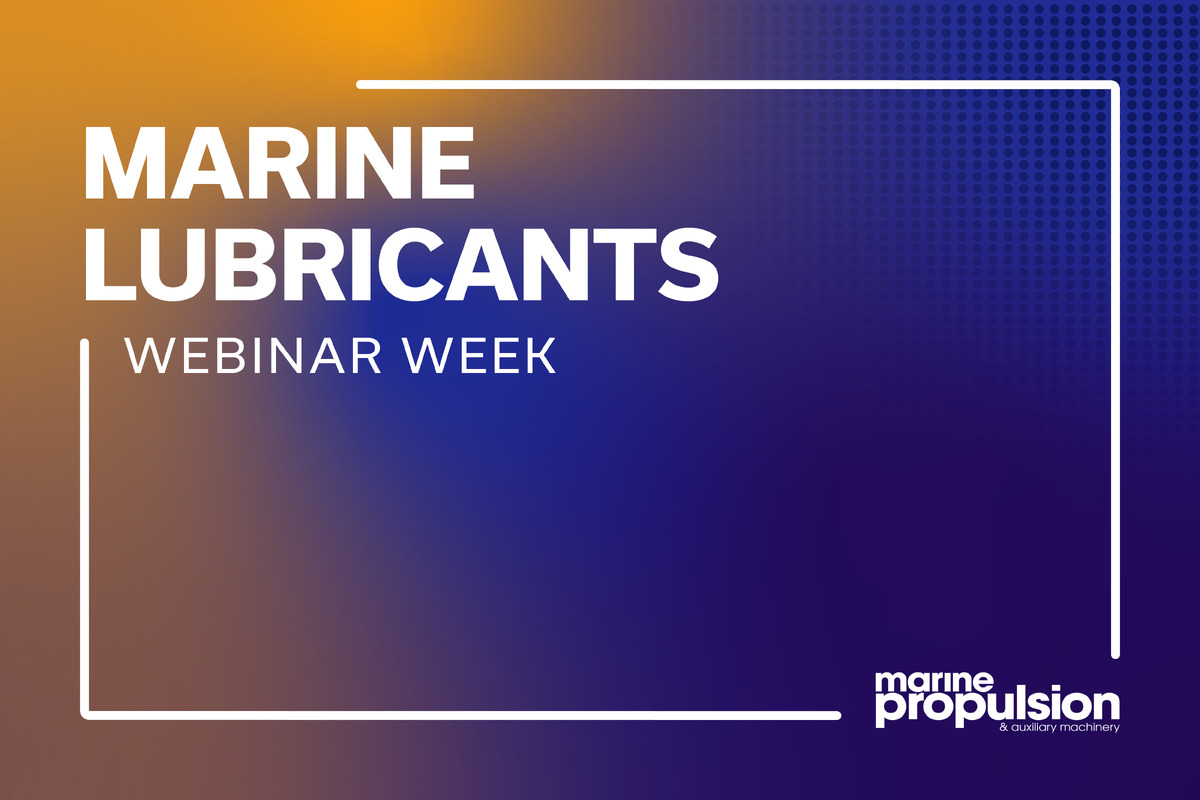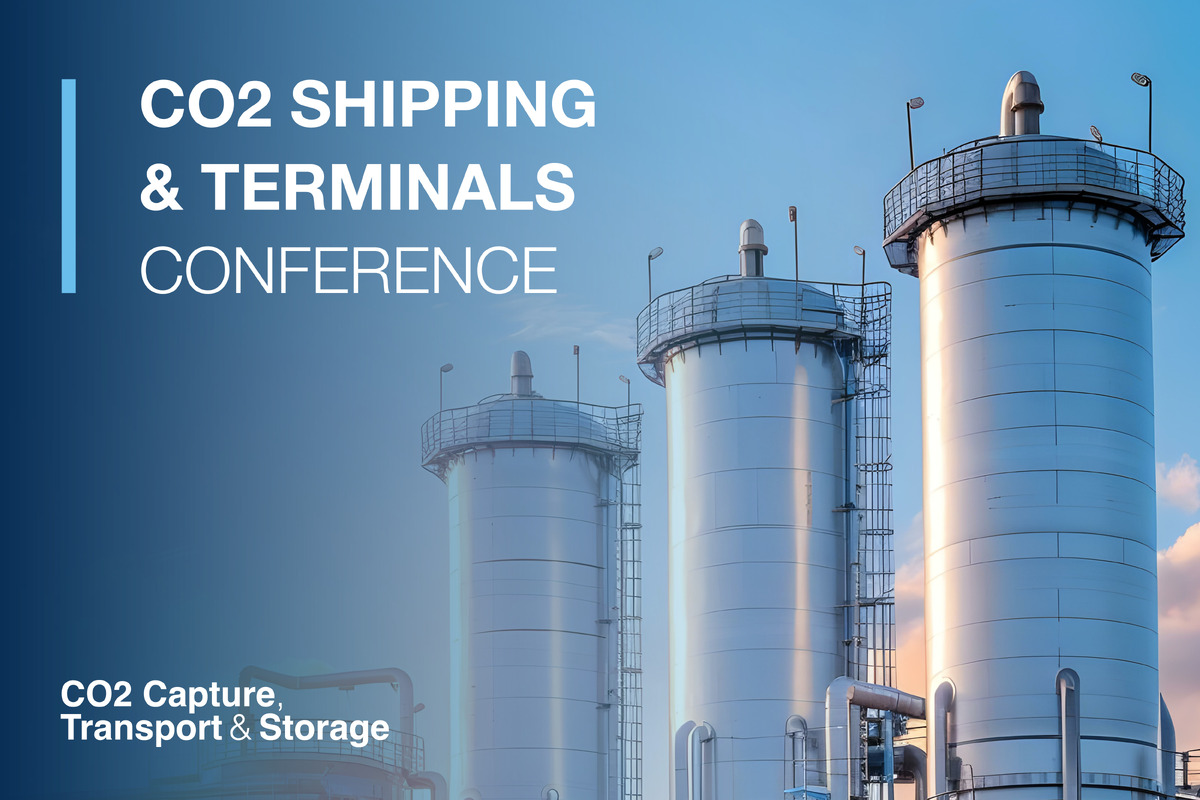Business Sectors
Contents
Register to read more articles.
Empowering greener container shipping
The current container ship fleet can comply with regulations in a cost-effective manner, writes SulNOx chief executive Ben Richardson
Container shipping is a key sector expected to lead the decarbonisation charge, as the predictability of vessel routeing will make it easier to source bunker supplies and build infrastructure to accommodate new fuels and technologies.
While many operators are exploring new vessel designs to use emerging power sources, this does not address the issue of the existing global fleet needing to reduce its environmental footprint. There are more than 5,500 container ships in the global fleet, which cannot all be recycled or easily retrofitted with wind power or exhaust gas treatment systems, and must still comply with the regulations in a cost-effective manner.
We believe being more environmentally friendly should not be limited to shipowners with deep pockets and operating schedules that align with shipyard retrofitting slots. One option open to operators of existing container ships is the tried and tested SulNOxEco natural, fully biodegradable fuel conditioners that can be added to a wide range of marine fuels, including marine diesel and gas oil, very and ultra low fuel oil, heavy fuel oil and biofuels. The product is designed to improve engine efficiency and create a more complete burn of fuel, which not only reduces harmful particulate matter, but also brings bunker costs down.
From the perspective of a vessel operator, multiple benefits are soon apparent. The fuel conditioner is readily available, allowing shipowners to easily secure supplies and the mixture of vessel fuel and SulNOxEco will remain stable in the fuel tank for months on end.
Furthermore, using this method means no capital expenditure as there are no physical changes to the vessel, minimal crew training and less maintenance for combustion-based cleanup. Unlike solutions that require operators to take their vessels out of service for retrofitting and thus creating operational disruptions and crew displacement, this keeps vessels running as contracted. While most conversations at present focus solely on fuel savings (which SulNOxEco delivers – see below), it is worth remembering that less expenditure on training and maintenance will also free up funds and crew hours for other areas of improvement within the business – which can include exploring fleet expansion using eco-ships.
Tried and tested
Perhaps the biggest draw for operators using the solution is its effectiveness can appear after only a few weeks, demonstrating tangible improvements in fuel consumption and emissions reduction from the very first voyage.
SulNOxEco has been independently evaluated ’in action’ by a team from a reputed northern German university when in use in a two-stroke engine on board a vessel owned by a Hamburg-based shipping company.
The results of this evaluation, which were released in October 2023, measured a consistent 5-8% reduction in specific fuel consumption under real operating conditions during commercial voyages in the North Atlantic Ocean and Mediterranean Sea. For those seeking technical specifics, the vessel was using marine diesel oil (DIN ISO 8217), baseline measurements for the MAN B&W 6S35MC engine were taken at 60% and 70% engine load, and then repeated after using SulNOxEco treated fuel.
Climate change requires immediate action. We have the solutions we need to make our industry’s transition to lower emissions viable and sustainable — all that is left to do is to act on them.
Riviera Maritime Media’s Maritime Decarbonisation Conference, Asia 2024 will be held in Singapore, 4-5 March 2024, click here for more information on this industry-leading event
Related to this Story
CMB.Tech 'positive' on IMO's new framework, hails ammonia as 'the way forward'
IMO’s net-zero plan poised to pressure ageing fleet with rising costs
Events
Reefer container market outlook: Trade disruption, demand shifts & the role of technology
Asia Maritime & Offshore Webinar Week 2025
Marine Lubricants Webinar Week 2025
CO2 Shipping & Terminals Conference 2025
© 2024 Riviera Maritime Media Ltd.
